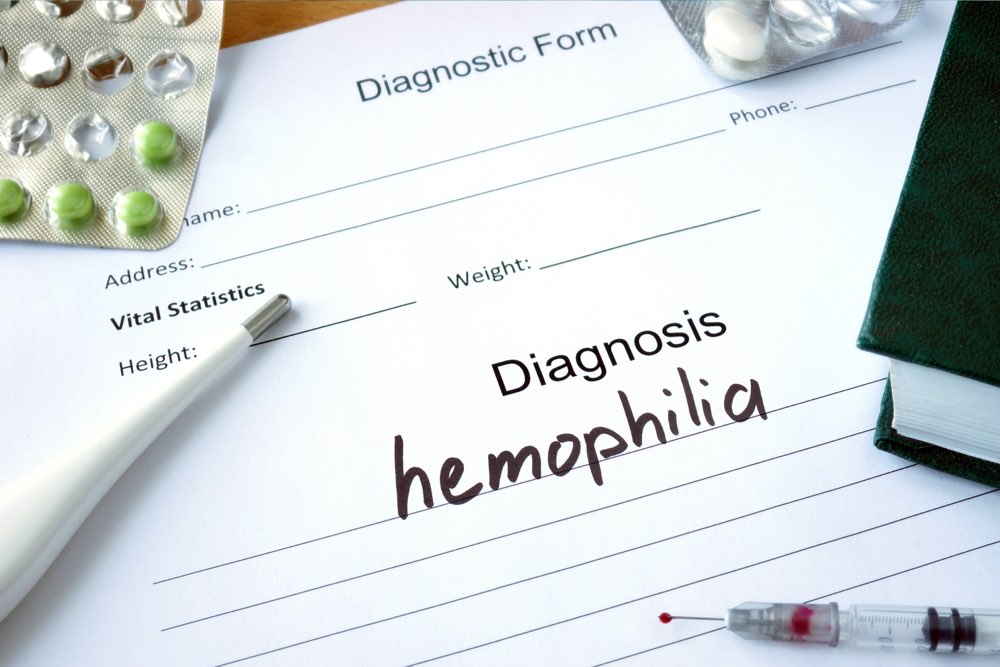
Here’s what to eat for hemophilia
Hemophilia is a genetic disorder that is mostly diagnosed at a young age. The blood doesn’t clot as it should in people with this disease, causing excessive bleeding, which can turn life-threatening. The condition largely occurs due to the absence of certain blood-clotting proteins (called clotting factors), although it can also be acquired due to an immune system issue.
Physical therapy, clot-preserving medications, and vaccinations are viable treatment options. Alternatively, dietary choices can also help manage the symptoms and prevent the condition from worsening. In this article, we’ll take a look at some of the beneficial foods to eat for people with hemophilia:
Whole grains
Oatmeal, brown rice, and barley are a few of the healthiest whole grains to eat for hemophilia patients. These foods contain fiber and nutrients that help stabilize blood glucose levels. By lowering the risk of heart disease and stroke, these foods prevent serious complications associated with hemophilia. Whole grains also reduce chronic inflammation, which can be touted as a major contributor to internal bleeding.
Calcium-rich foods
Important for the growth and maintenance of the bones, calcium is paramount for hemophilia patients. The nutrient helps keep tooth and bone health in check, preventing damage and subsequent blood loss. Also, the lack of calcium increases the risk of several diseases, some of which are known to cause internal bleeding and muscle damage. Dairy products are the standout sources of calcium, along with fish like sardines and pilchards.
Leafy greens
Dark, leafy green vegetables like kale and spinach are loaded with minerals that can help manage hemophilia and its possible complications. Collard greens are also great options, as they’re a good source of vitamin K that helps in blood clotting. The vegetable might also prove useful in maintaining bone health. At the same time, cabbage and beet greens come with their own list of benefits for people with hemophilia.
Foods rich in iron
Iron is just as important as calcium for people with hemophilia. Iron helps in the production of red blood cells, playing a crucial role in the development and care of muscles. Foods rich in iron help quickly replenish this nutrient that’s lost due to bleeding. Dark chocolate, white beans, and baked potatoes are some good sources of iron.







